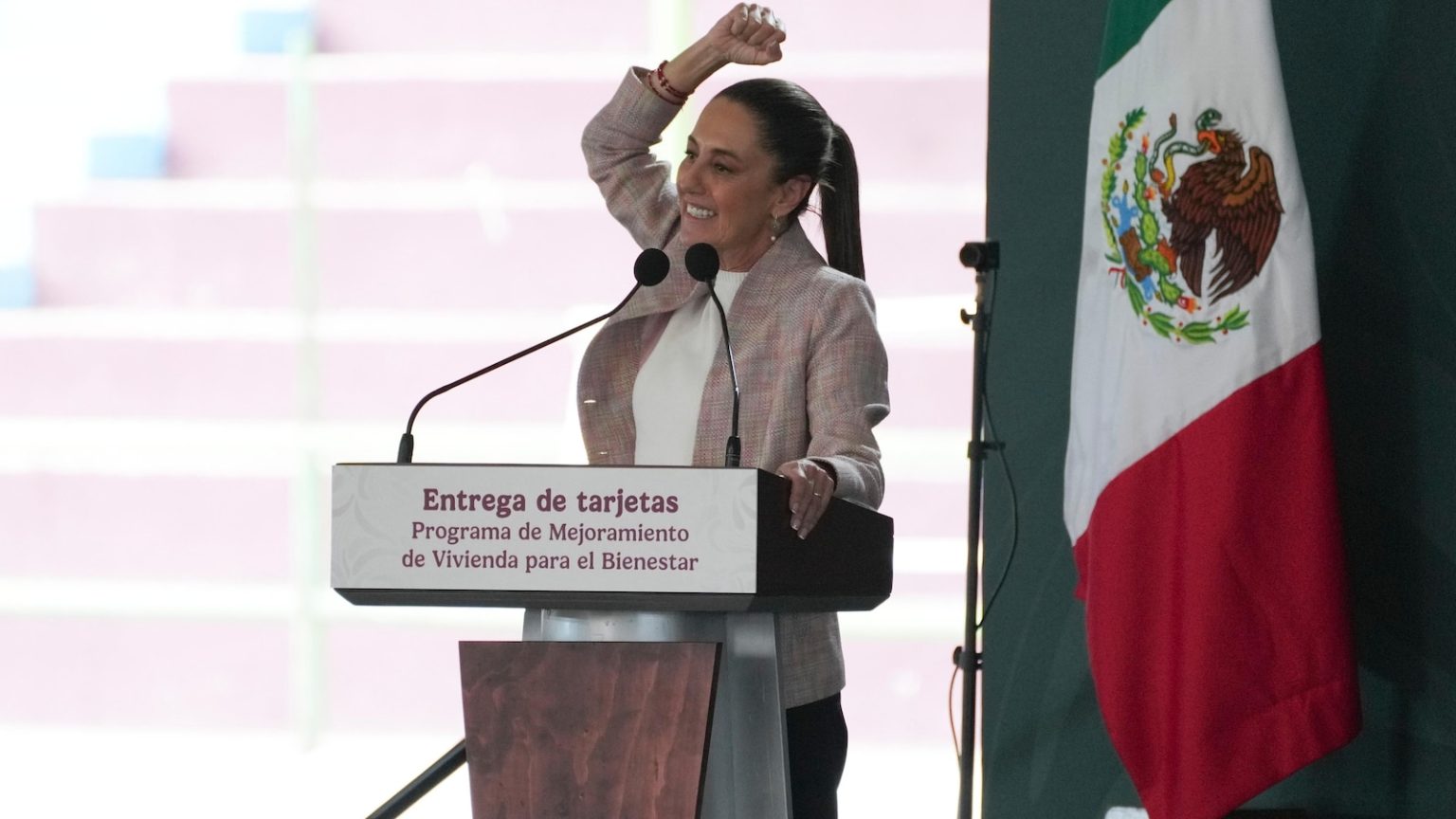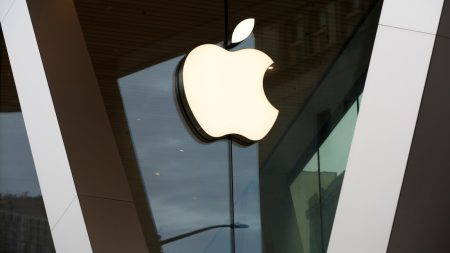Mexico and Google’s Dispute Over the Gulf of Mexico: A Tale of Sovereignty and Tech Giant Policies
Introduction: The Gulf of Mexico Debate
In a recent escalation of a growing conflict, Mexico has found itself at odds with tech giant Google over a matter of geographical naming. The dispute centers on the Gulf of Mexico, which Google Maps has begun referring to as the "Gulf of America" within U.S. territory, while retaining "Gulf of Mexico" in Mexico and other regions. This change, spurred by a declaration from former U.S. President Donald Trump, has sparked outrage in Mexico, leading to threats of legal action if Google fails to revert the name. President Claudia Sheinbaum has publicly addressed the issue, emphasizing Mexico’s resolve to protect its sovereignty over the region.
Mexico’s Stand on Sovereignty and Historical Significance
At the heart of Mexico’s argument is the assertion that the renaming of the Gulf of Mexico infringes upon its territorial sovereignty. Historically, the Gulf of Mexico has been recognized since 1607, a name upheld by the United Nations. Mexico controls 49% of the Gulf, with Cuba holding 5%, leaving the U.S. with 46%. This distribution underscores Mexico’s rightful claim to the area, making the unilateral renaming by the U.S. a contentious issue. Mexico’s government insists that the name change is an affront to its jurisdiction and historical legacy, asserting that no external entity can alter geographical names within its territory without consent.
Google’s Position: Neutrality vs. Nationalism
Google has responded to Mexico’s concerns by maintaining its policy of impartiality, citing the use of multiple authoritative sources to keep its maps accurate and current. The company’s vice president, Cris Turner, emphasized that Google’s approach is consistent and impartial, reflecting regional usage rather than endorsing political agendas. However, Mexico contends that this stance disregards international treaties and the United Nations’ recognition of the Gulf’s name. Google’s offer to meet with Mexican officials suggests an openness to dialogue, yet the company’s commitment to its current policy remains firm.
Regional Tensions and Diplomatic Challenges
The renaming of the Gulf has strained relations between Mexico and the U.S., complicating an already delicate diplomatic landscape. President Sheinbaum faces the challenge of navigating this dispute alongside broader issues like trade tariffs and immigration policies. The situation is compounded by the impending high-level meetings between the two nations, aimed at fostering collaboration on trade and security. Mexico’s strategy balances assertiveness with diplomacy, seeking to avoid escalating tensions while safeguarding its sovereignty.
Press Freedom and the Broader Implications
The controversy has also reverberated within the U.S., impacting press freedom. The Associated Press (AP) has been barred from White House events due to its naming policy, which acknowledges both "Gulf of Mexico" and "Gulf of America." This move has raised alarms among journalistic organizations, highlighting concerns about press freedom under the current administration. The AP’s approach mirrors the complexities faced by tech companies, striving to balance recognition of a region’s identity with the political realities of renaming.
Conclusion: The Larger Picture of Tech and Diplomacy
The Gulf of Mexico dispute illuminates the intricate relationship between technology, geography, and diplomacy. Tech companies like Google wield significant influence over global perceptions, yet their policies must navigate the sensitive waters of national sovereignty and historical identity. As Mexico and the U.S. engage in diplomatic efforts, the resolution of this conflict may set a precedent for how tech giants handle future geographical disputes. The situation underscores the need for a balanced approach that respects both the technical impartiality of platforms and the cultural and historical identities of nations.















